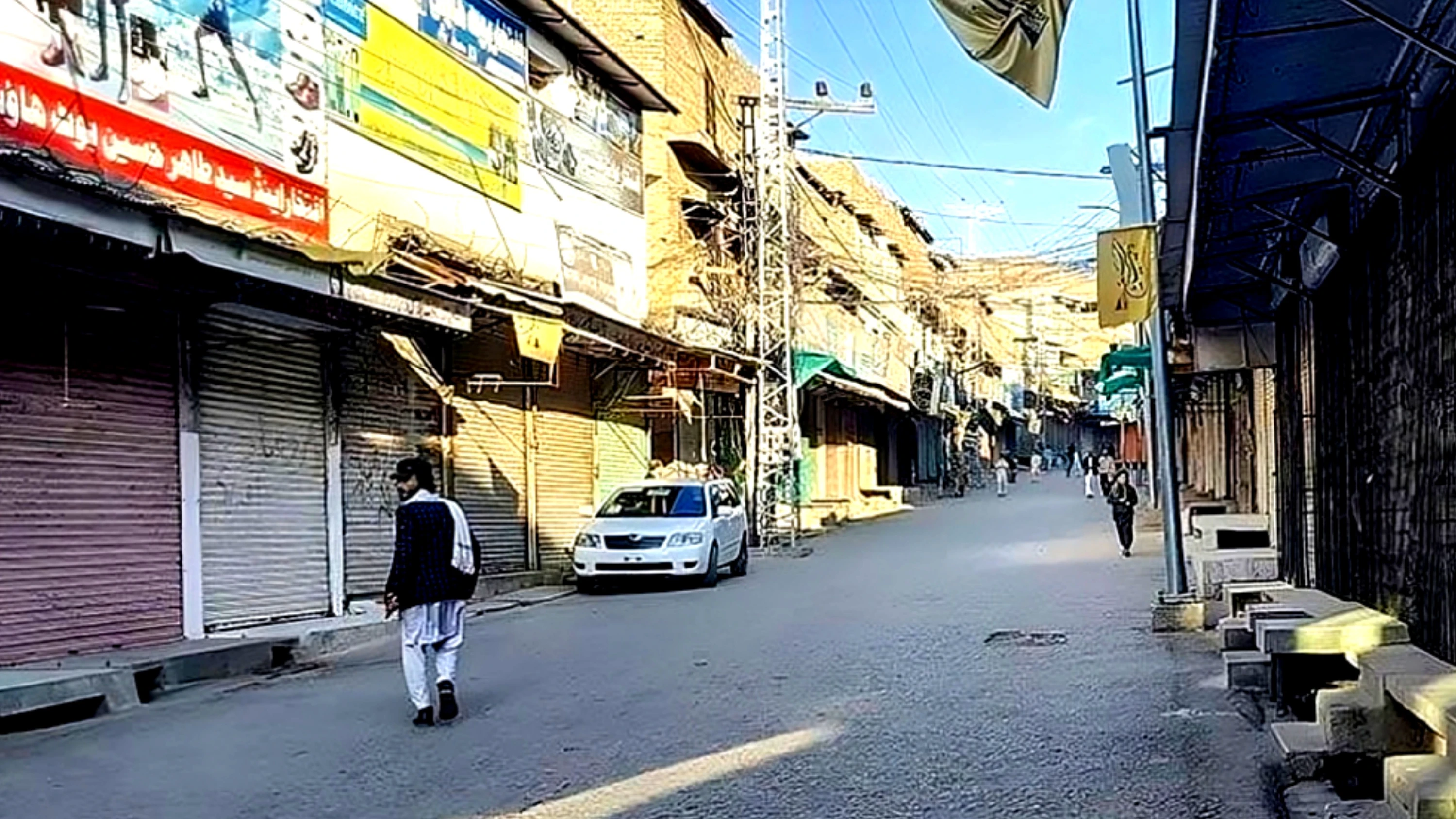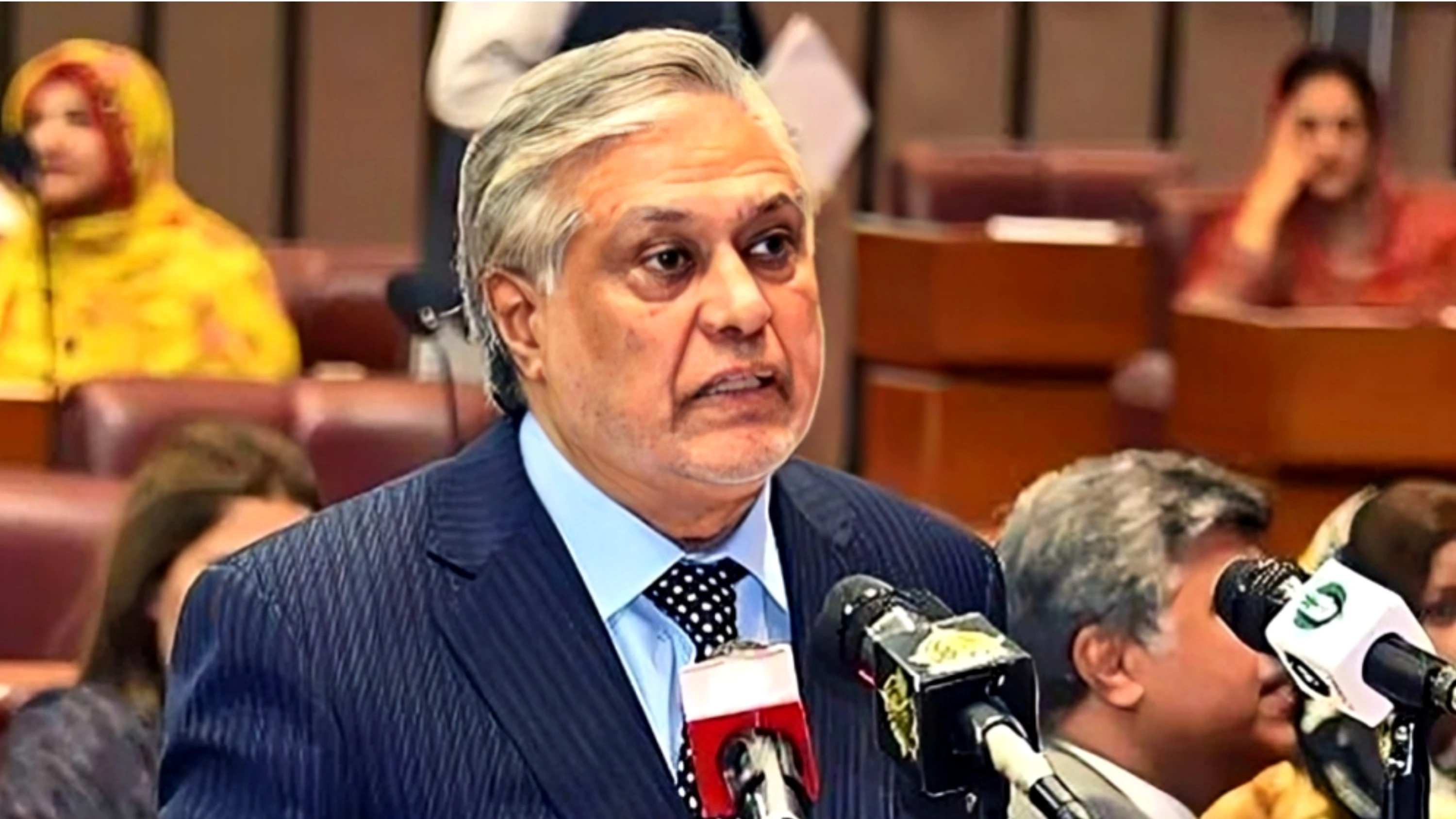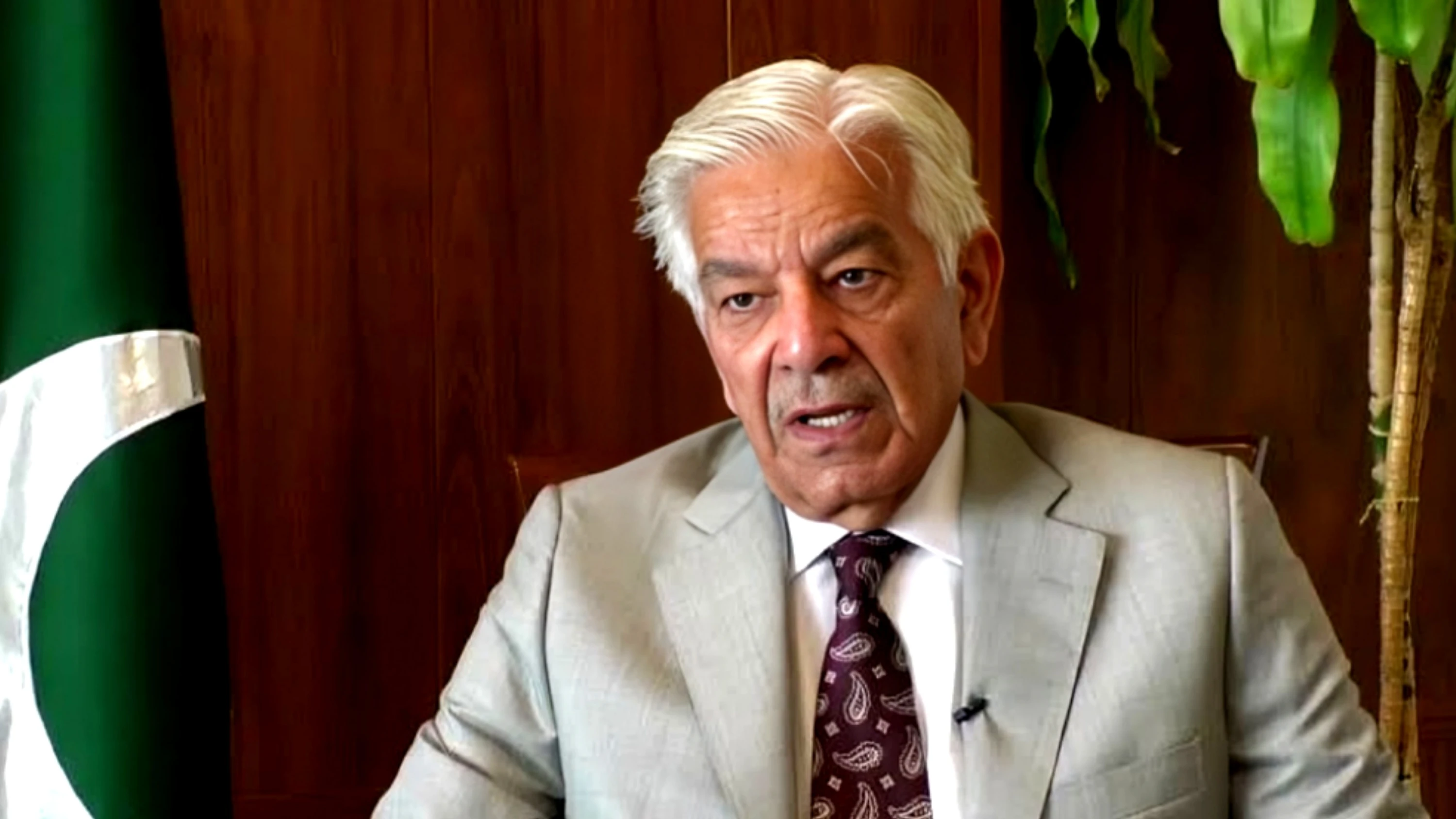Peshawar: Local traders in Parachinar, a town in Pakistan's Khyber Pakhtunkhwa province, have begun a complete shutter-down strike starting today in protest against prolonged road blockades and acute shortages of essential goods. The traders claim that despite multiple peace agreements, all routes leading to Parachinar have remained closed for several months, disrupting trade and daily life.
The road closures were first enforced nearly six months ago following sectarian clashes that resulted in civilian casualties. Although the provincial government initiated peace efforts and announced agreements among tribal factions, locals report that conditions have not improved, and the roads are still inaccessible.
In response to the blockades, the government had attempted to send supply convoys into the area, but these too were attacked. The latest effort came on 29 March with the announcement of a peace pact named "Aman Teega" — literally meaning “the stone of peace” — signed between the Sunni and Shia tribes. However, the agreement has not translated into any tangible improvement on the ground.
Hakeem Noor Mangal, Human Online local correspondent, told that the core issues are a lack of trust between the tribes and the provincial government’s failure to take serious and sustained steps to resolve the crisis. Government officials, meanwhile, argue that additional measures are still needed — such as dismantling local bunkers, establishing more security checkpoints, recruiting new personnel, and stabilizing the situation before reopening roads.
Khyber Pakhtunkhwa government spokesperson Barrister Saif said that efforts to restore lasting peace are ongoing. He reported that around 900 bunkers have been destroyed in Kurram district and that disarmament campaigns and the installation of new security posts are underway. The recruitment and training of additional police forces are also in progress. Once these steps are completed, the routes may be reopened to the public.
Parachinar has effectively been cut off from the rest of the country for six months. Locals report severe shortages of medicine, food, and other basic necessities. Some residents have died due to a lack of access to major hospitals.








